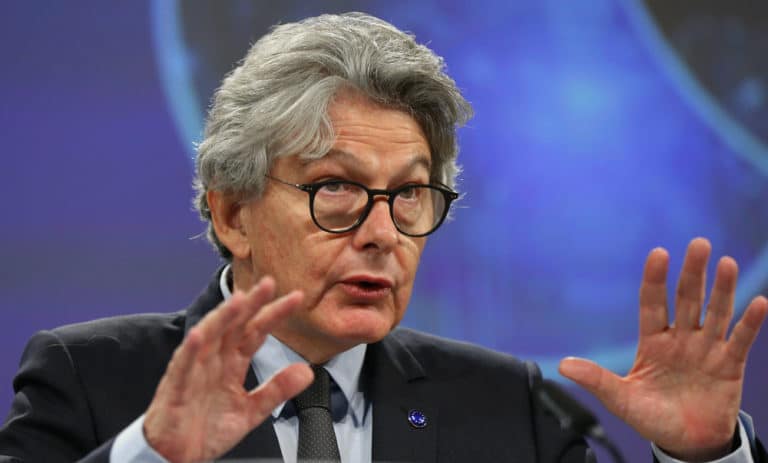The European Union is taking a Eurocentric approach to standardizing technology. On Wednesday, the European Commission presented a plan to strengthen its influence in creating global tech standards. The sentiment is that the bloc is falling behind in global standardization organizations.
The organization brings together tech giants, government watchdogs, and experts who set the rules for how emerging technology functions. Their purview includes everything from internet connection to physical products like batteries and more. It is no secret that the US dominates this space, with China pursuing aggressive plans to rewrite the world’s rules.
It is time the bloc tried to take center stage
The EU is being called on to raise its game. Thierry Breton, the bloc’s industry commissioner, said the EU needs to make sure that it does not just take standards but also set them. The new strategy comes at the start of a year that has seen plenty of standard-setting, something the public never gets to see.
It is a world ruled by expert groups. It includes groups like the International Organization for Standardization (ISO) and the United Nations’ International Telecommunications Union (ITU), implementing global tech standards.
The EU wants to have more say over what is ‘standard’ in the bloc
The ITU’s flagship conference is scheduled for September in Budapest, where a new secretary-general will be unveiled. At the same time, other international groups are working on setting standards for AI, green tech, and other emerging sectors gaining prominence in the modern world.
Europe has been at the forefront of standardization for years but is being overtaken by massive multinational corporations based in the US and elsewhere introducing new tech that isn’t a ‘European’ contribution. The bloc would like to see national-level standardization bodies play a bigger role in deciding what’s regarded as ‘standard’ in Europe.
